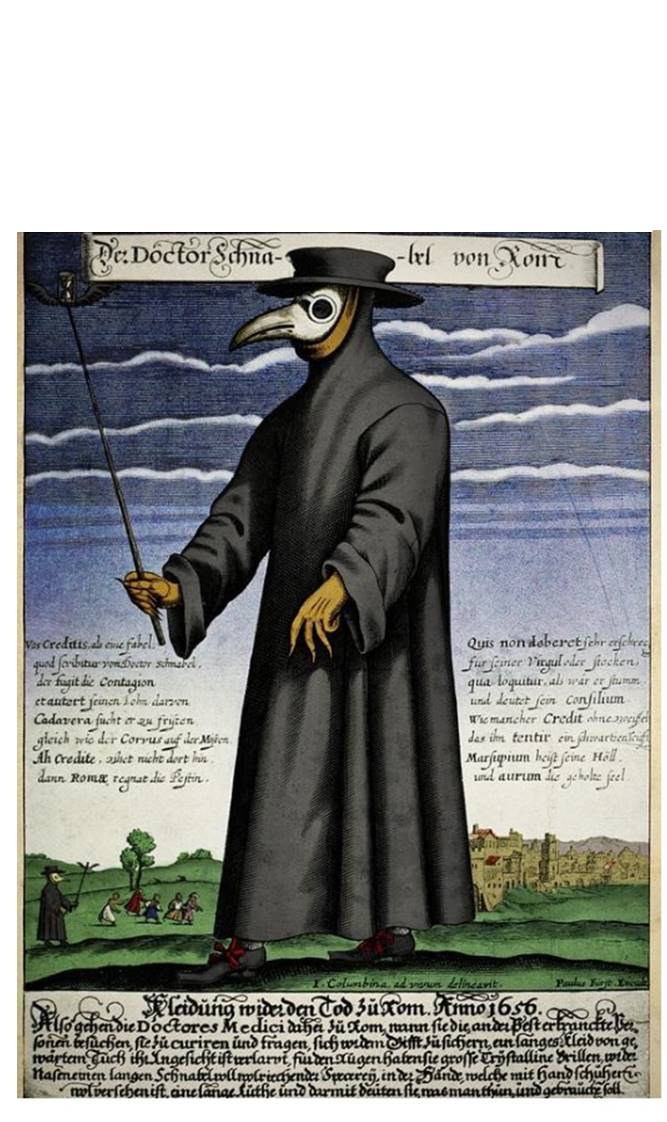Guests for brunch at home – Growing national confidence – When does a pandemic officially cease to be a pandemic? – Winning the struggle, but not quite victorious yet
This morning marked a significant step in the return to normalcy, at any rate on a personal level. For the first time since the pandemic began I was able to invite visitors to a meal indoors. My guests were EG and HG, who were one of the main links I had to any kind of social life outside of the after-hike gatherings I had with fellow-hikers after we finished wandering on the trails. The leisurely conversations we enjoyed as we drank coffee together in their lovely backyard garden were a great restorative under conditions that otherwise would have caused my spirits to flag. I will admit that it was a pleasure to prepare food for more than myself alone at long last, and I rather indulged myself (and, it is to be hoped, them as well) in preparing and selecting several foods that for the most part are occasional treats only, on the grounds that they are too caloric or too high in cholesterol or are improper in other ways that our health experts have laid down for the preservation of our virtue: such as bacon, and smoked salmon, and whipped cream to accompany the raspberries and blackberries, and Port Salut and Brie cheeses. We sat down to brunch in the mid-morning and ate in a leisurely fashion in the sun room, which has glass walls on two of its sides and had a cheerful aspect even in the muted sunlight of a cloud-covering morning.
It would seem that this little episode is indicative of the national mood at large. For the upcoming holiday, private gatherings such as backyard barbecues have none of the restrictions or prohibitions seen a year ago, and firework displays are scheduled all over the country. Biden has said that July 4th will be the celebration of U.S. “independence from the coronavirus.” It’s a little difficult to know how to take this. Does he mean that the pandemic is officially over and that at this point the coronavirus is simply another endemic disease like influenza or shingles? I think it is rather early to claim that we have reached that stage, and the CDC appears to agree. The Delta variant is still spreading rapidly in much of the world, especially in India, which now officially has recorded more than 30 million cases and more than 400,000 deaths. (As noted in several previous entries, the actual numbers are in all probability much higher.) It has had little effect on vaccinated people (India has vaccinated only 4.4% of its population to date) but it is extremely contagious among the unvaccinated. Currently this variant is making the rounds in several areas of the country, notably in places such as Arkansas, which has seen the biggest surge in cases since the winter. The variant now accounts for about a quarter of all new COVID infections. It is true that over 55% of all American adults are fully vaccinated, but just over 47% of the entire population has received both doses (or the Johnson and Johnson single dose vaccine). It can hardly be otherwise; the vaccines are still under emergency authorization use, which excludes theire being administered to younger children.
Towards the end of the original Journal of the Plague Year, Defoe says that “it pleased God, by the continuing of the winter weather, so to restore the health of the city that by February following we reckoned the distemper quite ceased, and then we were not as easily frighted again.” One supposes that a certain number of days with no new cases elapsed before medical authorities determined that the plague had “quite ceased.” Whether we will ever reach that stage is questionable (the virus will probably become a sustainable ailment, taking away a certain number of people every year like influenza) but the present conditions are somewhat less reassuring, even though they are a substantial improvement on what we have undergone earlier. We’re still getting several thousand new cases every day, and today we sustained over 300 deaths. If we get a sufficient number of people vaccinated so that the risks of new clusters of infection become relatively small, then we can say with some assurance that the coronavirus no longer has the status of a pandemic; but with nearly 5 million cases still active, any declaration of victory at this point seems premature.
Today’s statistics as of 8:00 PM – # of cases worldwide: 183,830,490; # of deaths worldwide: 3,979,313; # of cases U.S.: 34,578,872; # of deaths; U.S.: 620,969.
